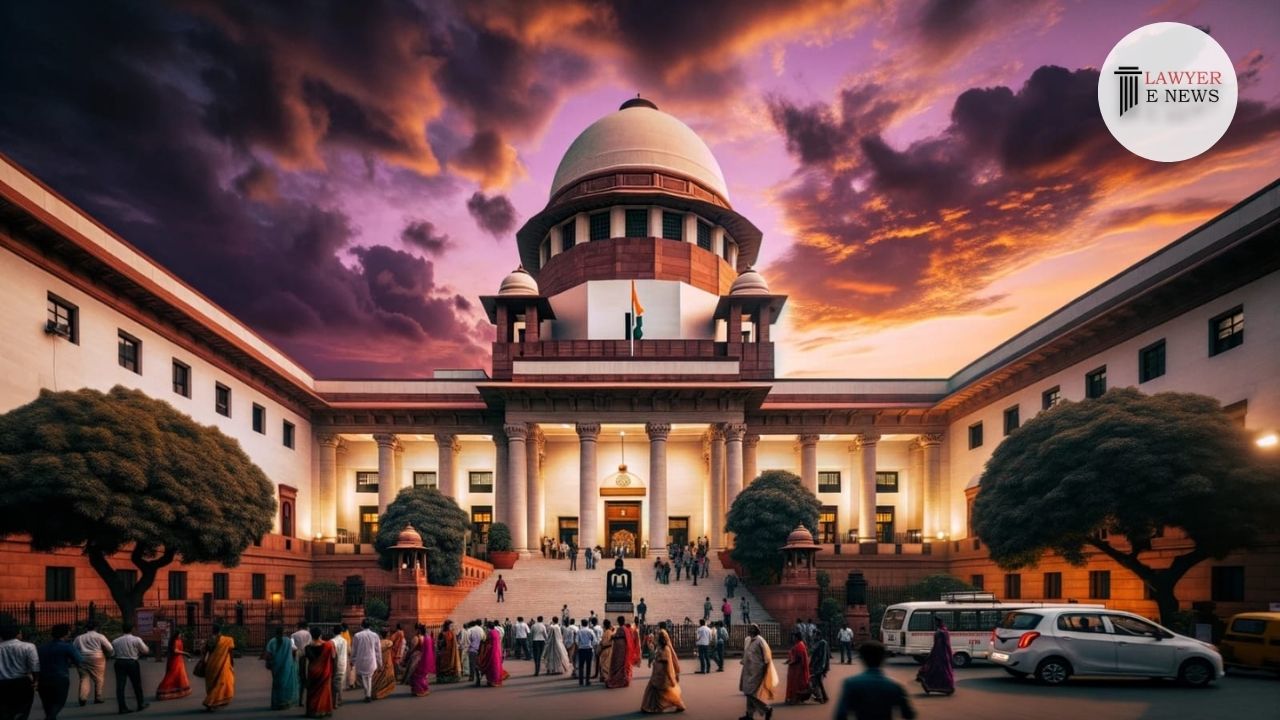-
by Admin
15 February 2026 5:35 AM



On 18 May 2023, In a recent judgment, the Supreme Court of India upheld the conviction of an appellant in a criminal appeal challenging the application of Section 304 Part II of the Indian Penal Code (IPC). The appellant had been sentenced to four years of imprisonment and a fine after being found guilty of the offense. The judgment, delivered by Justice Rajesh Bindal, addressed various aspects of the case, including discrepancies in the prosecution's evidence, witness statements, corroborative testimonies, medical evidence, and the defense's version of events.
The case revolved around an incident that occurred on September 14, 1992, involving a dispute over land between the appellant and the deceased. According to the prosecution's case, a scuffle ensued, during which the appellant, along with other individuals, allegedly attacked the deceased with a danda (stick), resulting in his death. The Trial Court initially acquitted the accused, but the judgment was reversed on appeal by the State.
The appellant challenged the High Court's decision, arguing that there were discrepancies in the prosecution's evidence and that the appellant should not have been convicted based on the statements of the eyewitnesses. The defense also contended that the appellant's version of events, supported by a defense witness, was not adequately considered. Furthermore, the defense emphasized the lengthy duration of the case and urged the court to consider the impact on the families involved.
After considering the arguments presented, the Supreme Court examined the evidence, including the statements of the eyewitnesses and medical testimony. The court noted minor variations in the witness statements but attributed them to inadvertent mistakes and the passage of time. It held that the corroborative testimonies provided strong support for the prosecution's case and that the medical evidence confirmed that the deceased had sustained a fatal head injury caused by a blunt weapon.
The defense's version of events, presented through a defense witness, was found to be inconsistent and lacking credibility. The witness's testimony contradicted various aspects of the defense's case, thereby weakening its impact. The court concluded that the High Court had appropriately reversed the Trial Court's acquittal based on the compelling evidence presented by the prosecution.
In its judgment, the Supreme Court emphasized the importance of considering the totality of the evidence and rejected the appellant's arguments challenging the conviction. Accordingly, the court dismissed the appeal, affirming the conviction and sentence imposed by the High Court.
D.D-18May.2023
Gian Chand vs State of Himachal Pradesh
